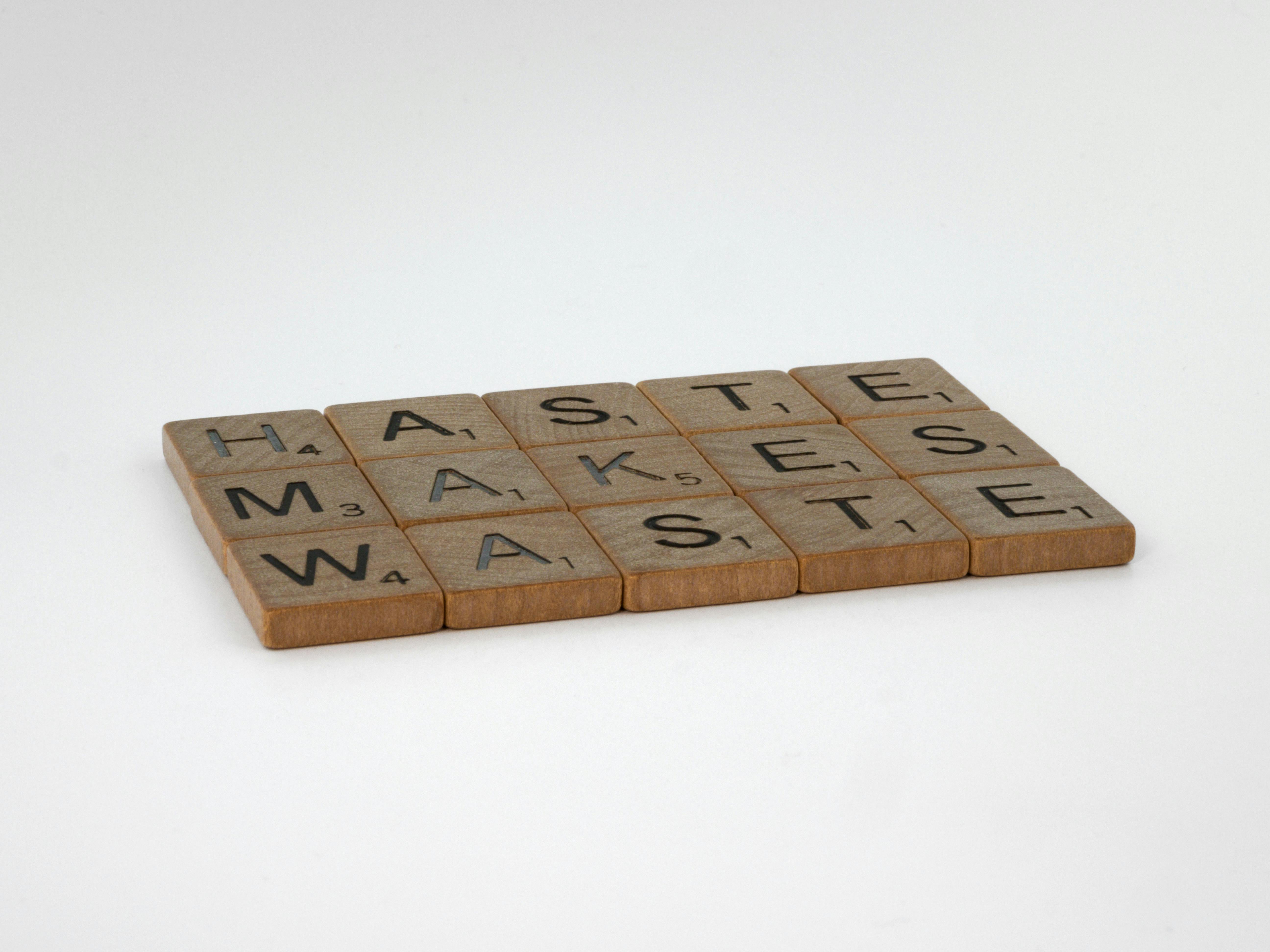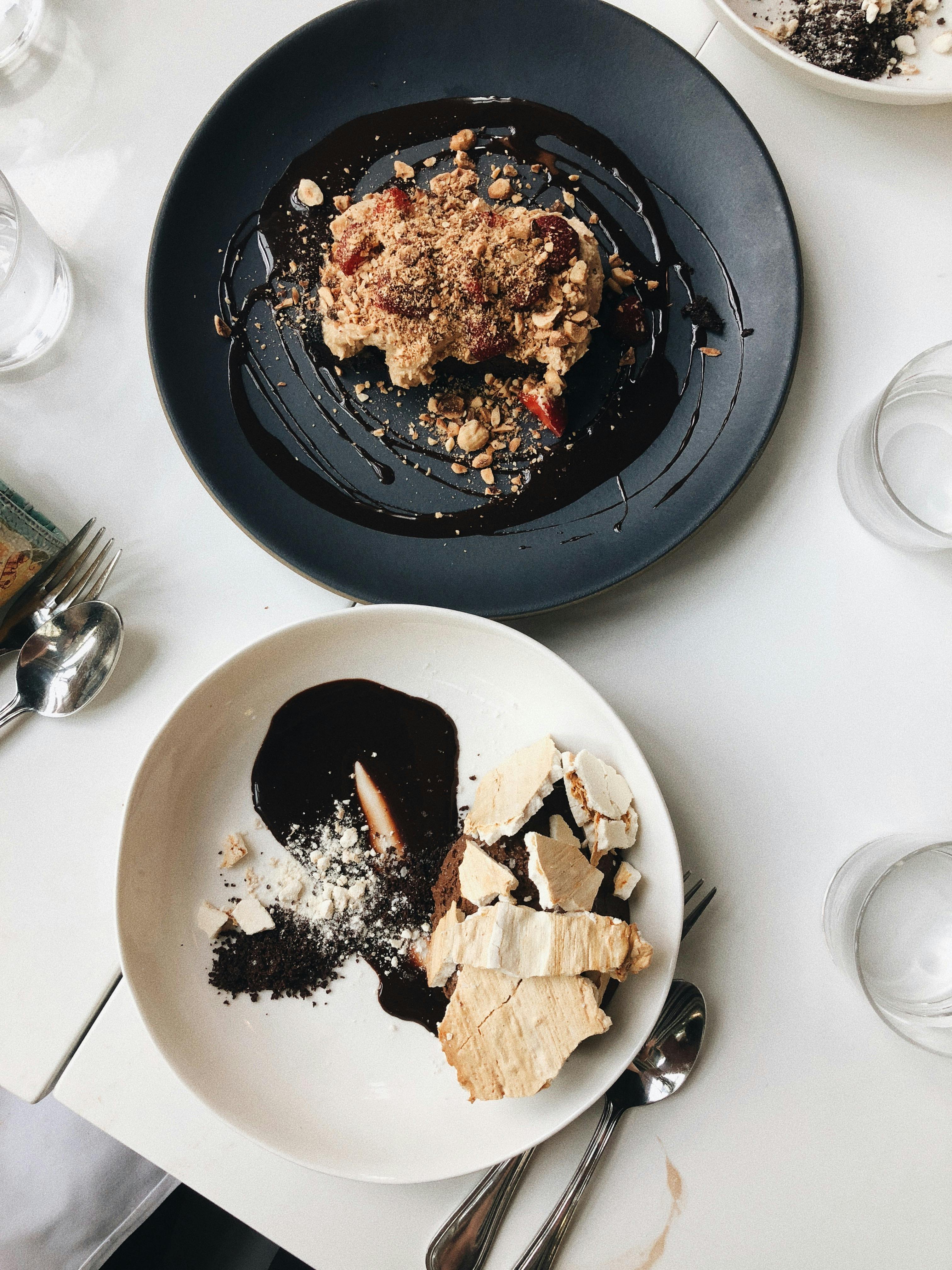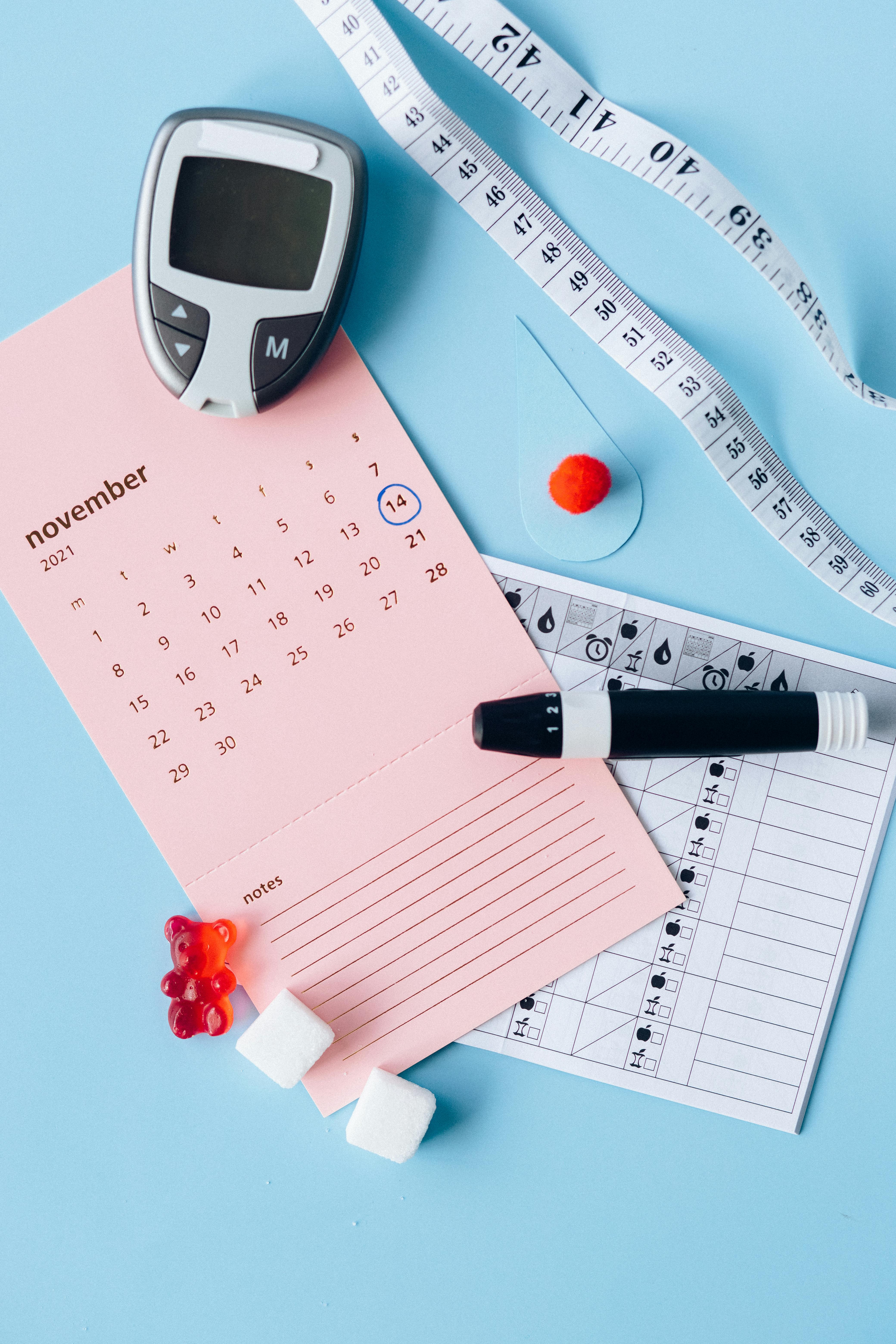
Apply Now


Practical Guide to an Effective Bikini Competition Diet in 2025
Understanding the Importance of a Bikini Competition Diet
The path to success in a bikini competition revolves significantly around effective nutrition strategies. In 2025, as the standards for competition prep evolve, so does the need for an optimized bikini competition diet that aligns with the latest research and trends in fitness nutrition. Properly planning your diet helps manage body composition, enhances muscle definition, and maintains energy levels, all critical factors for athletes aiming to showcase their best selves on stage. A well-structured competition prep nutrition plan balances macronutrient ratios, emphasizes protein intake for athletes, and includes appropriate carbohydrate cycling. Implementing these strategies enables competitors to tailor their nutrition to their specific body goals while avoiding the common pitfalls associated with dieting, such as cravings and fatigue. Moreover, understanding micronutrients and their role in health can lead to improved performance and recovery.The Role of Macronutrient Ratios in Competition Prep
The foundation of any successful bikini competition diet lies in macronutrient ratios. A balanced approach that includes adequate protein, carbohydrates, and healthy fats is essential for enhancing physical appearance and overall wellbeing. For protein, a common recommendation is to consume approximately 1.2 to 2.0 grams per kilogram of body weight, depending on training intensity and goals. Lean proteins such as chicken breast, turkey, and fish should be prioritized. Carbs should also be strategically planned, with carb cycling becoming a popular tactic among competitors to adjust energy levels throughout training phases and ultimately leading up to competition day. Healthy fats should not be overlooked either; they play a vital role in hormone production and overall health. Sources can include avocados, nuts, and seeds. By mastering macronutrient distribution in your meals, you can create a sustainable and effective dieting strategy tailored to your unique physique goals.Crafting a Sustainable Meal Prep Strategy
Meal prep strategies are critical to maintaining consistency and adherence to your bikini competition diet. Preparing meals in advance not only simplifies your daily routine but also helps you manage portion sizes and ensures you're making healthy food choices. Begin by devising a weekly meal plan that aligns with your caloric deficit goals and nutritional targets. Incorporate nutrient-dense foods like vegetables and whole grains to ensure you meet your micronutrient needs. Always include a variety of meals to keep things interesting and prevent dietary burnout. Adopting food prep techniques can include batch cooking, portioning meals in advance, and utilizing storage containers effectively. Streamlining this process will allow for better tracking of food intake while keeping you energized and motivated throughout your fitness journey.Hydration Strategies for Optimal Performance
Staying hydrated is often an overlooked aspect of competition prep nutrition yet is vital for maintaining energy levels and overall health. Proper hydration strategies support bodily functions, enhance workout performance, and aid in recovery. Aim for a water intake of at least half your body weight in ounces per day, adjusting as necessary according to your workouts. Incorporating hydrating foods like fruits and vegetables can also bolster your hydration levels. Moreover, consider timing of nutrients around workouts; consuming fluids and electrolytes post-exercise can prevent fatigue and support recovery. Always monitor your body's hydration cues—thirst, fatigue, and urine color—and make adjustments to your intake accordingly. Staying adequately hydrated will not only support your physical performance but also contribute to your mental focus, crucial for success on competition day.Creating a Pre-Competition Meal Plan
Key Components of an Effective Pre-Competition Meal
An essential part of bikini competition prep includes a well-structured pre-competition meal plan. This phase emphasizes nutrient timing, ensuring that your body is fueled optimally leading up to competition day. Typically, meals will be high in carbohydrates, moderate in protein, and low in fat to provide the energy needed while achieving defined muscle aesthetics. Include complex carbohydrates such as oatmeal, brown rice, and whole grain bread. These foods will help maintain your glycogen stores without spiking insulin drastically. For proteins, consider options easily digestible, like chicken or protein shakes, to avoid gastrointestinal distress during your performance. Moreover, managing portion control is essential—avoid overeating the night before or on competition day to prevent discomfort. Plan your meals around workout schedules to maximize nutrient absorption and energy usage, and incorporate healthy snacks and small meals throughout the day to stabilize blood sugar levels.Timing of Nutrients for Peak Performance
Strategically timing nutrients can significantly affect your performance in a competition setting. Focus on pre-workout meals and post-workout nutrition to replenish energy and encourage muscle recovery. For pre-workout fuel, aim to consume a meal or snack rich in carbohydrates 30 to 60 minutes before training. This could include a banana or a small smoothie. Following your workouts, prioritize recovery by consuming a meal with a higher protein and carb ratio, such as a whey protein shake with fruit, which can help stimulate muscle protein synthesis. Consistently integrating this approach can help achieve desired fitness outcomes while supporting overall health.
Incorporating Cheat Meals Mindfully
While a strict bikini competition diet is crucial, cheat meals can play a role in your nutritional strategy without undermining your goals. Cheat meals create a psychological break from dieting, allowing you to indulge in cravings occasionally while maintaining motivation. However, the key to success is mindful incorporation. Consider scheduling your cheat meals wisely, perhaps after a heavy workout when you're less likely to derail your progress. Focus on portion sizes and choose options that won't lead to overeating or unhealthy choices. Strategies to avoid pitfalls during cheat meals include pre-planning your indulgences and having alternatives ready. For instance, if you plan to enjoy pizza, ensure you have a salad on hand to balance your meal, or craft a healthy dessert version of your favorite treat to satisfy those cravings while staying aligned with your competition prep goals.Managing Cravings and Dietary Adjustments
Understanding and Managing Cravings
Cravings can be one of the most challenging aspects of sticking to your bikini competition diet. Understanding the psychological and physical triggers behind cravings is essential in managing them effectively. Common methods include ensuring adequate consumption of macronutrients to maintain energy levels and prevent unnecessary munching. Furthermore, staying well-hydrated contributes significantly as thirst can often be mistaken for hunger. When cravings do arise, employ strategies such as allowing for small portions of what you're craving, which provides satisfaction without derailing your nutrition goals. Alternatively, consider healthy food replacements that mimic the taste and texture of your cravings, thus keeping dietary adherence intact while satisfying your palate.Making Effective Dietary Adjustments
Adjustments to your dietary regimen are crucial for progress, especially as you near competition day. Regularly assessing your caloric intake and making necessary changes based on your body's response is essential. Monitor body composition shifts to tailor your diet efficiently; as you progress, you may need to make dietary modifications, like increasing protein intake or altering carb cycling days to maximize fat loss. Tracking food intake using apps can be a beneficial way to stay accountable. Communicate with a nutrition coach or adjust your goals based on feedback from training sessions. This approach helps in understanding where adjustments are necessary, allowing for maximizing results and keeping motivation high.